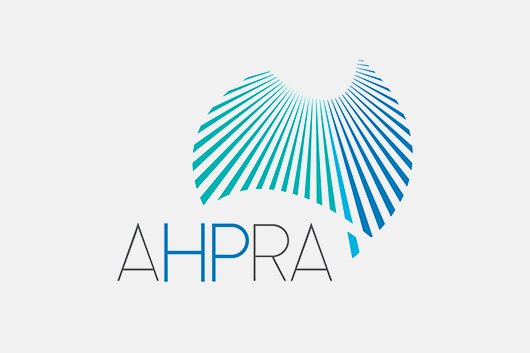
Marketing in the healthcare industry is tough.
Not only do you need to keep up with increasing competition and market developments, but you also need to stay compliant. This means following the strict and extensive set of rules and regulations which guide how health and medical services are advertised.
Not doing so can have serious implications, therefore before you embark on your next marketing related project – a new website, social media campaign, brochure – it’s important you understand exactly what’s required. Otherwise you could put both your business and patients at risk.
What rules and regulations do you need to follow?
In Australia, health practitioners, from GPs to dentists to pharmaceutical companies, should look to the following sources for guidance:
- National Law such as Australian Consumer Law
- The Guidelines for Advertising Regulated Health Services
- The relevant National Board code of ethics and professional conduct
National Law applies to all industries, not just health-related, and provides a solid foundation for best practice. The Guidelines for Advertising Regulated Health Services go one step further, explaining the obligations of National Law in the context of the health industry. Each of the 14 National Boards then has their own industry-specific guidelines.
If you sell health-related products or goods you must also comply with further legislation set out by regulators such as the Australian Competition and Consumer Commission (ACCC) and the Therapeutic Goods Administration (TGA).
To get a general overview of what’s required, the Guidelines for Advertising Regulated Health Services are a good place to start.
Understanding the Guidelines for Advertising Regulated Health Services
Created by the Australian Health Practitioner Regulation Agency (AHPRA) alongside the National Boards, these guidelines were put in place to protect the public.
As well as explaining and offering direction on the obligations of advertisers under the National Law, they also outline what is and what isn’t acceptable, the responsibilities practitioners have to conform to them and the consequences of failing to do so.
What are the underlying principles?
- Advertising is good as it helps people make informed choices
- False advertising can compromise their choices
- Using health services all the time is undesirable
Who do the guidelines apply to?
According to the guidelines they apply to ‘any person who advertises a regulated health service or business that provides a regulated health service’.
What happens if you breach them?
A breach of these advertising regulations is a criminal offence. An individual can be fined up to $5,000 or a body corporate up to $10,000. For this to happen, a concern must be raised with the AHPRA.
What are the main requirements?
1. Include enough factual information so people can make informed decisions
Typical information included in health services advertising (e.g. on a website) would be your contact details, opening hours, accesiblity, languages spoken, fees, qualifications of practitioners/staff, any practice accreditations and procedural warnings.
2. Don’t engage in any of the following prohibited practices:
- Provide false, misleading or inaccurate information e.g. false titles such as Dr or Specialist
- Use gifts or discounts to attract patients
- Use testimonials in your advertising
- Create an unreasonable expectation of treatment benefits
- Encourage people to use services they might not need
- Compare yourself to other providers/practitioners
In addition, the guidelines also include the ACCC’s best practices which you should always endeavour to follow when marketing your healthcare services:
- Sell your professional services on their merits
- Be honest about what you say and do commercially
- Look at the overall impression of your advertisement. Ask yourself who the audience is and what the advertisement is likely to say or mean to them
Specific guidelines for social media
Due to the unique nature of the channel, social media marketing has its own set of guidelines – the AHPRA Social Media Policy. The main takeaways from this are:
- You must have a professional account not linked to your personal one
- You are liable for your social media account and must accept responsibility for it including for comments published on it
- You should regularly review content to ensure you’re complying with the law
Whatever marketing project you are working on, sticking to these main underlying principles should keep you on track. However, always make sure you refer to all relevant sources as outlined above to ensure you stay fully compliant.
Set out by the Australian Medical Association (AMA), this position statement provides additional ethical guidance on how doctors should advertise products and services. It also provides ethical principles for advertising and endorsement by doctors.
2 main underlying principles
The doctor’s primary duty is to act in the best interest of patients. To do this, doctors must maintain their professional autonomy, clinical independence, and integrity. Relationships between doctors and patients must not compromise treatment.
Advertising by doctors should never put commercial interests ahead of patients’ health and well-being – it should be objective, not persuasive, so that patients can make informed choices.
Conclusion
Medical and healthcare marketing doesn’t just have to be effective, it must also be compliant. So as well as engaging in great strategy and tactics always ensure you stay informed, keep within the rules and regulations for your industry and follow advertising best practices. Doing otherwise just isn’t worth the risk.
Want some help to ensure your healthcare marketing is compliant? Contact us today.
